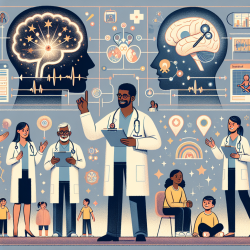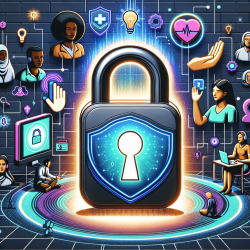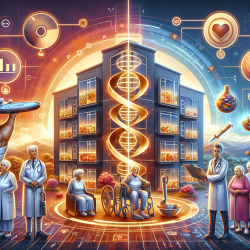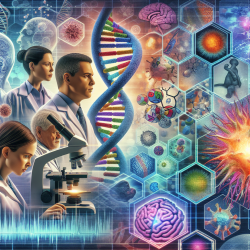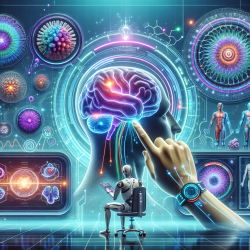Introduction
Epilepsy is a complex neurological disorder affecting millions worldwide, with significant implications for mental health. The research article "Epilepsy, Mental Health Disorder, or Both?" by Beletsky and Mirsattari (2012) sheds light on the intricate relationship between epilepsy and mental health disorders. This blog aims to empower practitioners by providing insights into how they can enhance their skills and improve outcomes for children by understanding these complexities.
Understanding the Complex Relationship
The research highlights that epilepsy, particularly Temporal Lobe Epilepsy (TLE), often presents with psychiatric symptoms such as psychosis, mood disorders, and anxiety. These symptoms can complicate diagnosis and treatment, leading to potential misdiagnosis and inadequate management. For practitioners, understanding this relationship is crucial in making informed, data-driven decisions that can significantly impact child outcomes.
Key Insights for Practitioners
- Comprehensive Assessment: Practitioners should employ a comprehensive assessment approach, including EEG and MRI, to differentiate between epileptic and non-epileptic psychiatric symptoms. This can prevent misdiagnosis and ensure appropriate treatment.
- Interdisciplinary Collaboration: Collaboration between neurologists, psychiatrists, and speech-language pathologists is essential. This interdisciplinary approach can provide a holistic understanding of the child's condition, leading to better management strategies.
- Continuous Monitoring: Continuous EEG monitoring and video-EEG telemetry are invaluable tools for confirming diagnoses and guiding treatment decisions. Practitioners should advocate for these resources in cases of diagnostic uncertainty.
- Individualized Treatment Plans: Recognizing the unique presentation of each child is vital. Practitioners should tailor treatment plans to address both neurological and psychiatric symptoms, ensuring a comprehensive approach to care.
Encouraging Further Research
While the current research provides valuable insights, there is a need for further studies to explore the underlying pathophysiological mechanisms linking epilepsy and mental health disorders. Practitioners are encouraged to engage in research initiatives and contribute to the growing body of knowledge in this field.
Conclusion
Understanding the complex interplay between epilepsy and mental health disorders is crucial for practitioners aiming to improve outcomes for children. By implementing data-driven strategies and fostering interdisciplinary collaboration, practitioners can make informed decisions that positively impact the lives of children with epilepsy.
To read the original research paper, please follow this link: Epilepsy, Mental Health Disorder, or Both?
